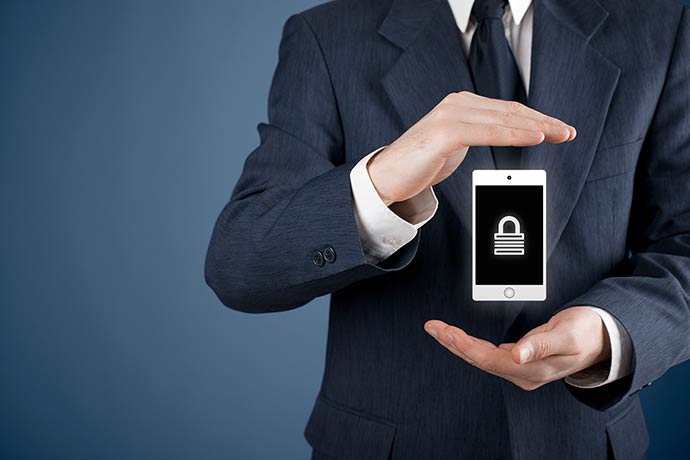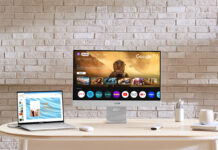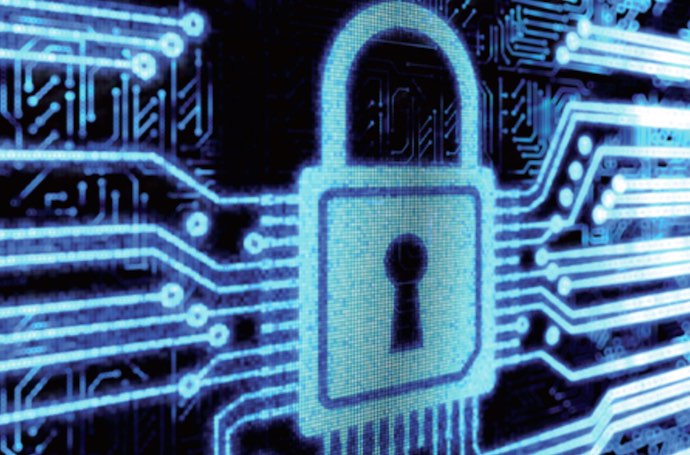
If you want to start a heated discussion among the IT crowd, what kind of computer is better for Internet security is one of the those flashpoint questions that’s guaranteed to get a reaction. There are some very strong opinions and preferences that are bound to come out. I’ve been part of many such conversations at the corporate, personal and research level, and the fact is that the hardware you choose can impact your online computer security. Here’s what you need to know.
Operating System
The mother of all flame wars is the historic Mac versus Windows argument. While this spans multiple topics (including which is more expensive, which is “cooler” and which one allows easier hardware upgradability) computer security is one of the big areas of conflict.
For years, Mac users could be rather smug about the relative security of Apple’s OS X. While Windows was based on an aging architecture and seemed to get pummelled on a regular basis with cyber attacks, Apple built its OS X operating system based on Unix and it seemed relatively secure.
However, recent events have proven that OS X is far from perfect and Apple has been forced to release a series of security updates over the past year. In fact, the US Government’s national vulnerability database (NVD) that tracks security issues recently reported Windows 8.1 has 36 known vulnerabilities, while OS X has 147. Not all of those vulnerabilities are serious, but the point is, neither operating system is anywhere near bulletproof.
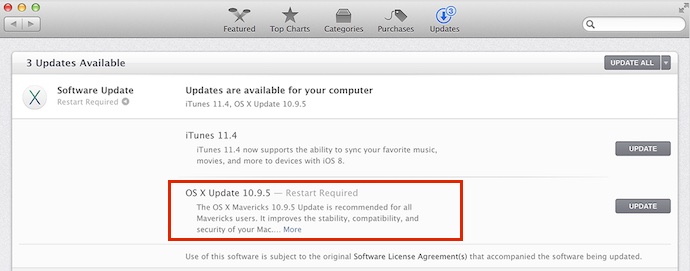
Of course, a vulnerability is one thing, but then an exploit has to be devised to take advantage of it—and that is often easier said than done.
Further complicating the task of concluding which operating system is safer is Windows’ massive market share lead. With Windows of one version or another installed on 90 percent of PCs worldwide, it only makes sense that criminals target Windows PCs more frequently.
Google’s Chrome OS is also gaining popularity in large part because of its security, including auto updates.
The takeaway from all this? No operating system is invulnerable. Whichever you choose, applying security updates and patches as they’re available and running security software will likely be the bigger factor in staying safe from online attack.
Laptop vs. Desktop
Form factor can actual have an effect on Internet safety. It’s not the shape of the PC, but how it’s used.
Desktop PCs tend to have fewer issues with cyber safety than laptops. That’s primarily because they stay in one place, connected to the same network; one that’s presumably secure.
A laptop means portability and that means the potential for connecting to other networks, including free public Wi-Fi hotspots. And that can spell trouble …
If you use your laptop exclusively in one place—your home or office—then it’s just as secure as a desktop PC. But if you use it as a mobile PC then it’s likely a higher Internet security risk.
Processor: intel vs. AMD
Can the processor powering your computer have an impact on how secure it is?
There has been increasing concern about the potential for “backdoor” hacks that use a PC’s hardware to gain high level access. So far, CPU-hacking hasn’t been something to hit consumer PCs on a wide scale, although it is rumoured to have been used by various security agencies.
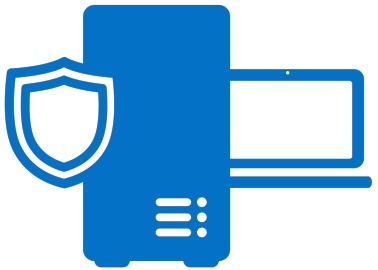 Besides being a potential point of entry for hackers, the hardware inside a laptop or desktop PC can also become the first line of defence in terms of computer security.
Besides being a potential point of entry for hackers, the hardware inside a laptop or desktop PC can also become the first line of defence in terms of computer security.
For example, Intel’s vPro processors include advanced security technology that allows a network to confirm a PC can be trusted to connect—before the operating system even loads. Intel’s AMT makes it possible for administrators to remotely access a PC, even when it’s powered down.
AMD is paying particular attention to the increasingly popular convertible laptop market with processors equipped with ARM TrustZone technology. This is a hardware-based computer security system that splits the CPU into two virtual containers: one contains sensitive operations and data, while the other runs everyday tasks.
Processor security is something that’s on the radar of IT professionals (especially those responsible for large organizations with thousands of computers and confidential data), but not really a factor that the average PC shopper needs to worry about too much.
One thing that parents should be aware of is that built-in webcams used with all-in-one PCs and laptops have been hacked in the past. For peace of mind, when we put an iMac in my daughter’s room, I carefully removed the protective glass panel, stuck a piece of black electrical tape over the camera lens, then replaced the glass. Problem solved, dad style …
Smartphones and Tablets
Given the fact that so many of us carry smartphones and tablets and use them for everything from posting personal photos to Facebook to online banking, it’s worth mentioning that Internet safety on these device is a bigger deal than ever.
Ted Kritsonis just posted a guide to staying safe online with your smartphone. It’s well worth reading and the information is applicable to tablets as well.
The Human Element
The focus of this post has been on PC hardware and whether the hardware you choose can help with Internet security.
Absolutely, the hardware you choose can have an impact on this front, but any advantage (or disadvantage) is minor compared to the human element—especially when it comes to cyber security. Poor habits will quickly defeat even the best hardware and operating system-level features that are designed to keep your PC safe.
Here’s a short list of the things you can do to ensure your PC and your data are as secure as possible when you’re online:
- Update your operating system and always install any security patches
- Always run the latest version of your web browser of choice and take advantage of its security settings (such as blocking pop-up windows and warning of suspicious websites)
- Use strong and unique passwords for any websites that require you to log in
- Run antivirus software and make sure it’s kept up to date
- Don’t open e-mail attachments or click on URLs in e-mails that come from sources you don’t recognize
- Don’t download or install software unless it’s from a trusted source
- Make use of your home router’s firewall settings to ensure your home Wi-Fi network is secure (you can read more about that in our guide to securing your home network)
- When connecting to the Internet using a network you’re unsure of (especially a public Wi-Fi hotspot), use a VPN to encrypt your session and keep private information hidden from snoopers
- Back up all of your data (preferably to an external hard drive for fast and easy access) so you can get back up and running should your PC be hacked
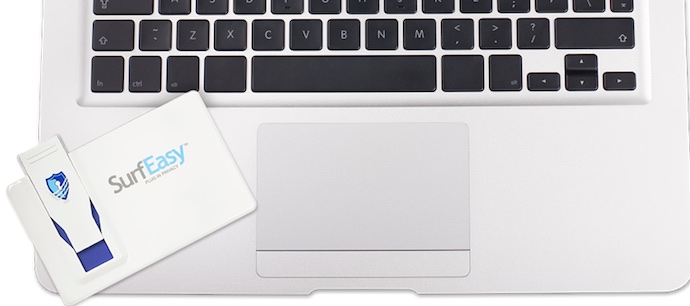
All of the news recently about hackers, viruses, trojans and other cyber security issues have made many people nervous about being online with their PC. In reality, there’s no need to fear. A modern PC equipped with the latest operating system that’s regularly updated, along with antivirus software, a secure network, regular backups and common sense computer use will keep you from becoming a statistic.
Here are more articles in the Plug-in series on cyber security:
|
Securing your Smartphone |
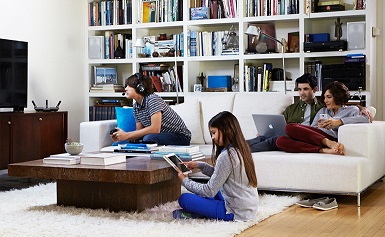 |
|

